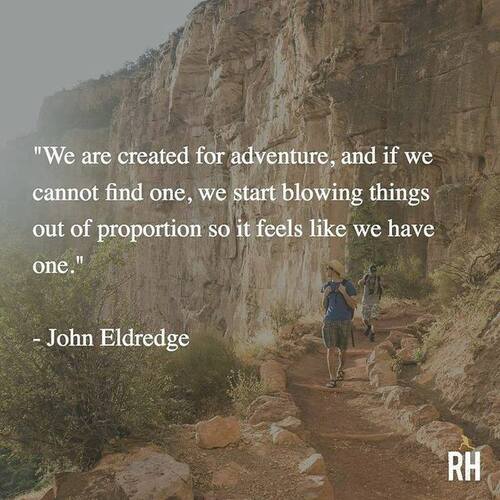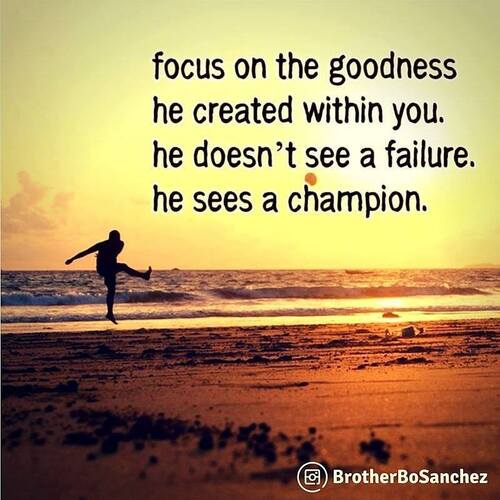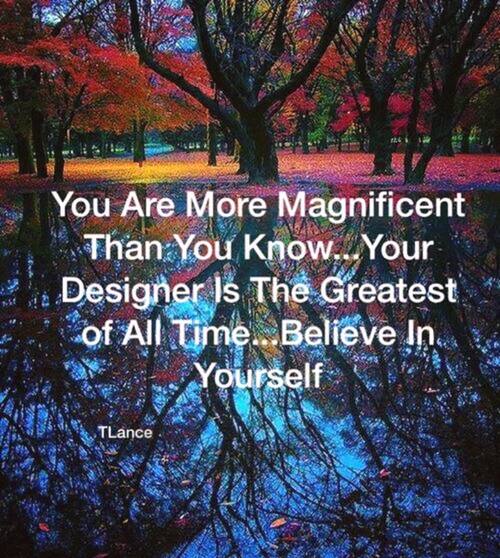

Even though 1 in 5 individuals has a mental illness, no one wants to address the problem.

As a psychotherapist and mental strength trainer, I've seen how devastating mental illness can be for individuals, families and communities.
Whether it's a manager with depression who can't afford the high costs of treatment, or an entrepreneur with anxiety who can no longer pay the bills, mental health issues impact all facets of life--and no one is immune to developing them.
The stigma surrounding mental illness prevents many people from talking about their psychological well-being. Consequently, many of them aren't seeking treatment. Not only do those untreated mental illnesses cause a lot of added pain and suffering, but the lack of mental health treatment also takes a staggering toll on the economy.

The World Economic Forum determined that mental illness has a greater impact on economic output than cancer, diabetes and heart disease. Studies suggest that untreated anxiety and depression costs society $1.15 trillion annually, with the total figure increasing to $16 trillion by 2030.
In fact, according to NAMI, mental illness has become the most common disability in the world.
Additionally, 1 in 5 children will enter the workforce with a diagnosable mental health condition; at least 85% of those in need of treatment don't get it. Half of those chronic illnesses begin before age 14. 
And while some companies and organizations are trying to tackle the issue one step at a time, The Crystal Campaign is hoping to create change on a massive level.
The organizers have created a necklace to increase awareness and raise money that will be used to increase access to affordable mental health care.
Each necklace sold will help connect 240 people to affordable mental health resources in support of the non-profit organization, To Write Love On Her Arms, which exists to present hope and connect those struggling with mental illness to get the help they need and deserve.
The Crystal Campaign's CEO, Andrei Najjar says he wanted to create a tangible item that could represent mental health.
And while there's no direct science that says crystals improve mental health, Najjar, says, "Crystals have long been known to have energy healing properties, and we wanted to launch our collection with black agate because it provides strength and inner peace in times of stress. Because we are in an anxiety crisis and turbulent time culturally, we wanted a grounding stone to be our lead product for the campaign."
The campaign also plans to reduce the stigma surrounding mental illness by sharing personal stories from celebrities--including Pharrell Williams, Kaia Geber, Hailey Bieber, and Willow Smith--on Instagram.
They aim to connect 1 million people with affordable mental health resources by the end of 2019.

The Crystal Necklace Campaign is just one example of the ways people are trying to address the mental health crisis.
But everyone has an opportunity to pitch in and help out. One simple way to do that is by starting a conversation with those around you.
Talk about your struggles with mental health. Even if you don't have a diagnosed mental illness, everyone has times in their lives when their psychological well-being is less than stellar.
And sometimes, a conversation can open the door for others to come forward and talk about their struggles as well. And the more we talk about mental health the same way we talk about physical health, the more likely we are to create and access resources that can heal.
PUBLISHED ON: SEP 10, 2019
The opinions expressed here by Inc.com columnists are their own, not those of Inc.com.
